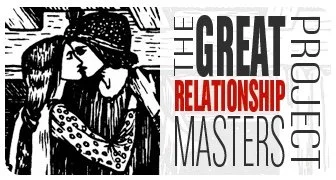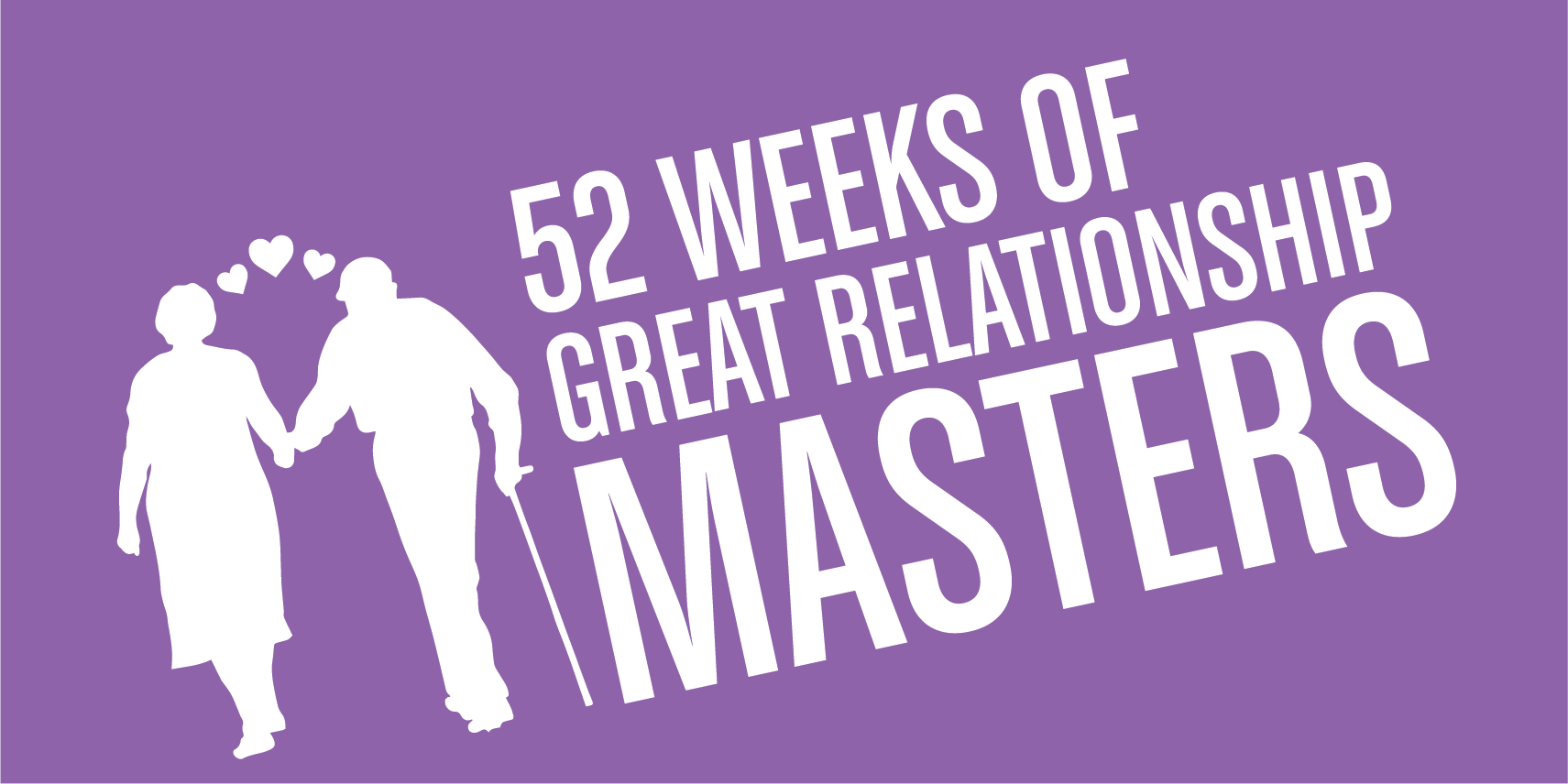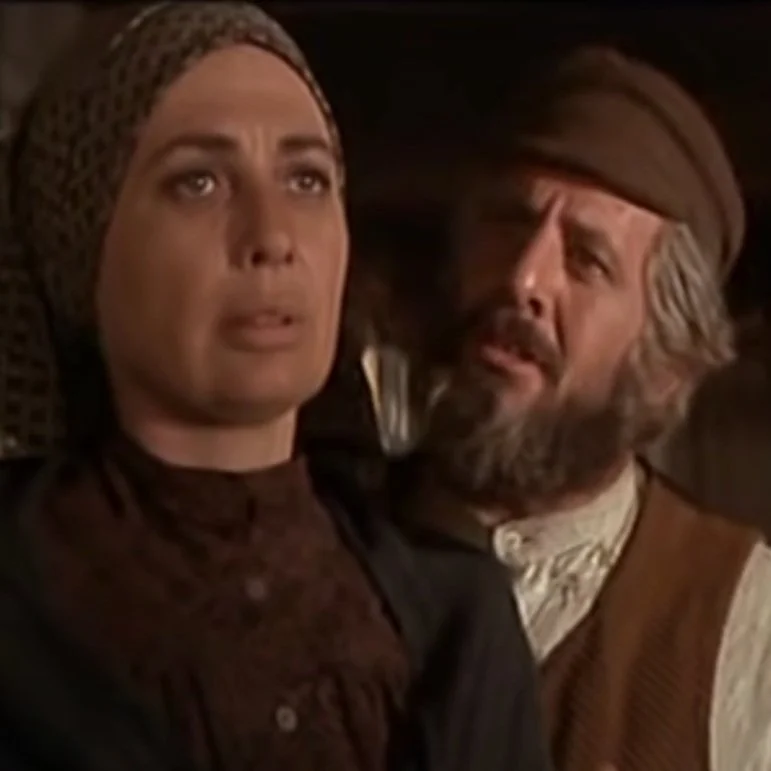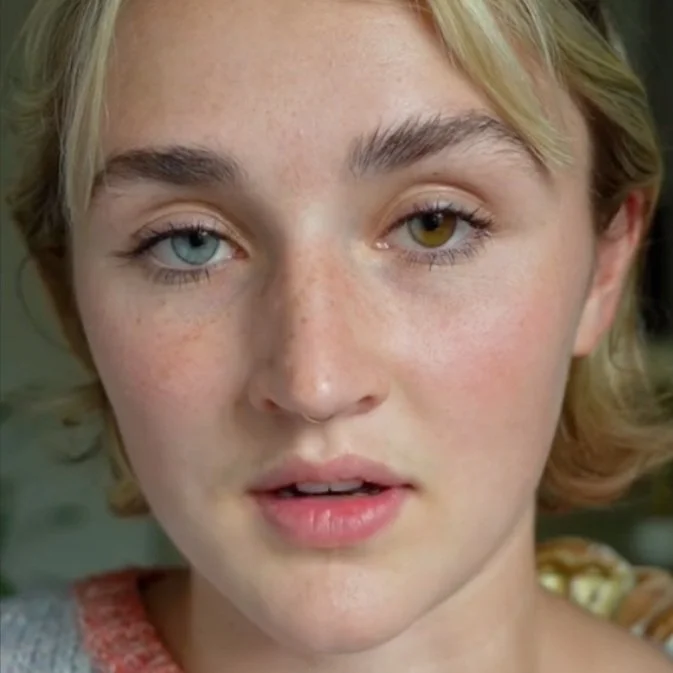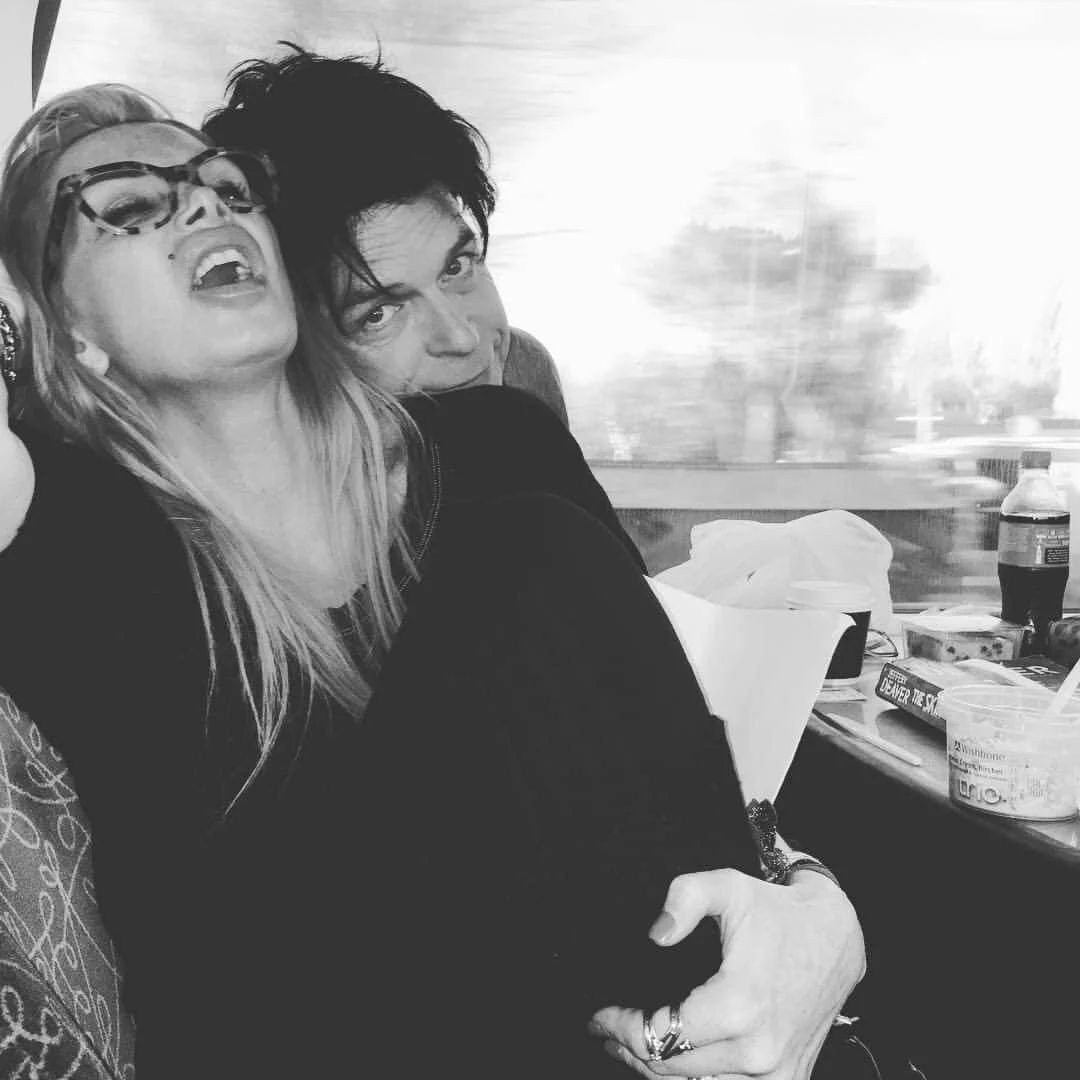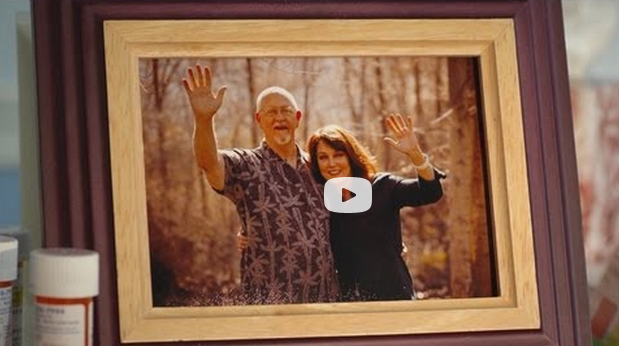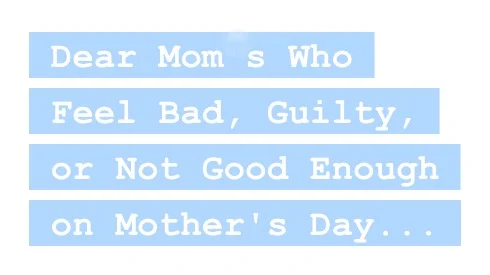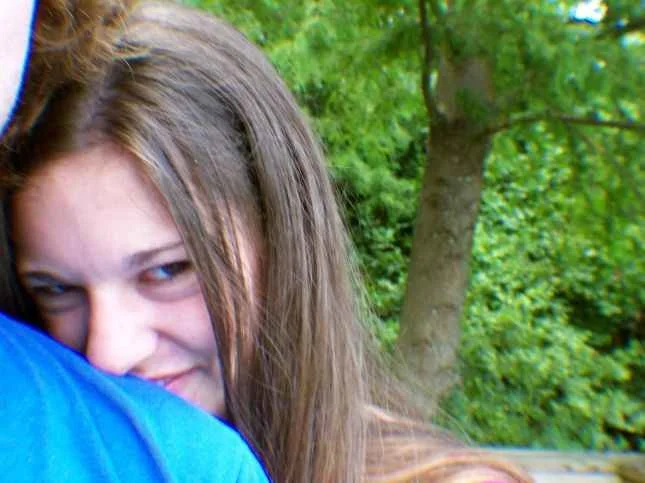2/52 GR Masters: An Evening at the Waldorf
/
An Evening at the Waldorf by Jean and Bud Ince
This story first appeared in Gourmet, December 1978. This is a true story about a young couple in love and the most glamorous hotel in the world. We are telling the story together because it is so indelibly a part of both of our lives that neither of us could tell it alone. [Note: On this page, Jean's voice is shown in blue type; Bud's is in black.]
One rainy October evening, thirty years ago, I sat in my room at the Naval Academy in Annapolis, staring at a navigation lesson and thinking of Jean. I had met her the previous August in Chicago, just before my summer leave expired, and I had fallen in love with her. Three days later I was back in Annapolis, surrounded by rules and regulations, while she was a thousand miles away, surrounded by eligible bachelors. Things looked bleak indeed.
There was one bright spot on the horizon. Jean had promised to come east to Philadelphia for the Army-Navy football game in November. We had been invited to spend the weekend as house guests of my uncle and aunt in New York. If there was going to be any hope at all for me, that weekend was going to have to be one that she would never forget. I shoved my books aside and wrote the following letter:
Room 5455, Bancroft Hall
U.S. Naval Academy
Annapolis, Maryland
15 October 1948
The Manager The Waldorf-Astoria New York City, New York
Dear Sir:
On Saturday afternoon, November 27th, I expect to pick my way across the prostrate bodies of the West Point football team to a seat in Memorial Stadium where a girl will be waiting – a very special girl who I hope will some day follow me from port to port on the "Far China Station." We will hie away by taxi to the railroad station where we will entrain for New York. Once there we will again take a taxi, this time to your hotel – and that, dear sir, is where you and The Waldorf-Astoria come in.
I am very much in love with this young lady, but she has not yet admitted to an equivalent love for me. Trapped as I am in this military monastery, the chances I have to press my suit are rare indeed. Therefore this evening must be the most marvelous of all possible evenings, for I intend to ask her to be my wife.
I would like a perfect table – neither too close to nor too far from the orchestra. There should be candlelight, gleaming silver, and snowy linen. There should be wine and a dinner that will be the culmination of the chef's career. Then, at precisely midnight, I would like the orchestra to play "Navy Blue and Gold" very softly, and I intend to propose.
I would appreciate it very much if you could confirm this plan and also tell me approximately what the bill will be. I am admittedly not getting rich on thirteen dollars a month, but I have put a little aside. So please give me your estimate of the cost – and I’ll bet it will be plenty!
Very truly yours,
E. S. Ince Midshipman, U.S.N.
I sealed the envelope and, before I could lose my nerve, stuffed it into the mailbox. The minute it was gone I regretted having sent it. It seemed to me that it was callow and smart-alecky and, above all, presumptuous. The manager of the most famous hotel in the world was certainly not going to be interested in the love life of an obscure midshipman. The letter would be thrown into the wastebasket where it belonged.One week went by and then another. I forgot about the letter and tried frantically to think of some other way that I could convince Jean in thirty-six hours that she should spend the rest of her life with me. Then one morning I found on my desk an envelope upon which was engraved "The Waldorf-Astoria." I almost tore it to shreds in my eagerness to open it, and read:
Dear Midshipman Ince:
Your very nice letter has been receiving some attention from our staff here. Just for fun I am going to attach the reply from our Maitre d’, the famous Rene Black.Frankly, unless you have private re sources, I think it is entirely unnecessary to spend so much money. I would be happy to make a reservation for you in the Wedgwood Room and will see to it that you have a very nice table, the best of attention, flowers – and you and your girl order directly from the menu whatever intrigues you. You certainly can have a couple of cocktails and very nice dinners and a bottle of champagne for one third of what Rene Black suggests. However you are the only one who can make the decision so let me know how you would like to have us arrange your little party.
Best wishes.
Cordially yours,
Henry B. Williams Manager
P.S.: I think your delightful letter inspired our Mr. Black!
Needless to say, I hastily unfolded the piece of yellow paper on which Rene Black had typed his reply. Here is what it said:
When Lucullus dined with Lucullus, his gastronomic accouterments were planned as you now do, every detail in presentation of the festivity. Times and manners have changed but little the unobtrusive elegance and distinctive "savoir faire" of amphytrionic distinction – to include Hors d’oeuvre de luxe; the Potage generally omitted by ladies (and not to be forced on her); the traditional fish course to be presented as an entr’acte of surprise; the resistance of the menu to show the bird being caught in carrying the battle of the nuptials), or as we say in French "la poulanie," and like Talleyrand, will highly praise the artisan of the casserole as having been the Cagliostro of your machinations.The price of this maneuver, including wines, gratuities, flowers, and everything named, will be in the vicinity of one hundred dollars, with which we hope your little cache is fortified for complete victory. Following is a description of your menu –
Black pearls of the Sturgeon from the Caspian Sea, stuffed into the claws of lobsters, and eulogizing the God of the Oceans.
The Filet of Pompano known as the Demoiselle of the Atlantic, placed in a paper bag with the nomenclature "Greetings from the Poseidon."
The Breast of Chicken served in a little nest to represent the safety of the ketch, with its escort of vegetables and green salad.
An excellent dessert bearing the nomenclature "Ritorna vincitor" from Aida, and little galettes. A sweet liqueur to seal the anticipation.
Wines in small quantities but of choice bracket, of lip-smacking delectability. Pink Champagne. Flowers. Candles, music, etc. All this will blossom with those hundred dollars that you were so provident to save.
I was thunderstruck with excitement and full of gratitude to the two busy men who had taken time to write, but I was also dismayed. I didn't have even close to one hundred dollars saved. With my November paycheck included, I would have a grand total of sixty-six dollars and twenty-five cents when I met Jean after the game, and there were train fares and other expenses to consider. Regretfully I wrote Mr. Williams that he had made a much closer estimate of my resources than had Mr. Black, and I would appreciate it if he would reserve a table for me.I heard nothing further from The Waldorf. The days went by with no confirmation of my reservation nothing. I was sure that my letter had never reached Mr. Williams, or that the whole thing had been taken as a joke. Finally it was the weekend of November twenty-seventh. The Brigade of Midshipmen went to Philadelphia and watched their inspired team hold highly favored Army to a 21-21 tie in one of the most thrilling football games ever played. After the game I rushed to meet Jean, and she was just as pretty and wonderful as I had remembered her.On the train to New York I blurted out the whole story and showed Jean the letters from Mr. Black and Mr. Williams. I told her that I wasn't sure that we had a reservation at all, and I questioned whether we should even go to The Waldorf. We decided that we should, and that, even if we didn't have a reservation, we would at least see the famous hotel. So we got into a taxi at Pennsylvania Station, and I said the enchanted words, "Waldorf-Astoria," trying to sound as though I said them every day. In minutes we were at the door.

We walked into the lobby. To the right, at the top of a short flight of steps, was the Wedgewood Room. There was a velvet rope at the bottom of the steps, and another at the top, with a majordomo posted at both places. A crowd of fashionably dressed couples was patiently waiting for admittance. They all looked fabulously rich. Jean and I were wide-eyed as we stared at the magnificence of the lobby. I looked at her, and she looked at me. Finally I gulped, "Here goes," and went fearfully up to the majordomo at the foot of the stairs. I felt like Oliver Twist when I said, "Sir, I am Midshipman Ince, and I wonder if you by any chance might happen to have a reservation for me."
Like magic he swept away the rope! "Indeed we do," he said, and suddenly we saw the headwaiter at the top of the steps smiling and saying, "Midshipman Ince?" "Yes sir," I managed. "Right this way," he said, and snapped his fingers. A captain popped up out of nowhere like a genie from a lamp and led us across the room toward a beautiful table. Two waiters were leaning over it, lighting tall white candles....
Walking ahead of Bud, I looked in amazement at the table. Centered between the candles in a low white vase were flowers – white stephanotis and pink sweetheart roses. When the red-coated waiter seated me I found a box at my place. Tacked under its ribbon was a card that read, "With the compliments of The Waldorf-Astoria." Catching my breath, I opened it and found a corsage of white baby orchids. A menu, unlike any I had ever seen, lay on the table in front of the centerpiece.The menu was hand painted in watercolor. A gray navy ship steamed toward the upper right-hand corner, and highlighted on the left was a sketch of a girl's head with blue lovebirds in her hair. Printed with a flair in French, it read:
Menu
Le Fruit Ninon La Volaille Bergerac Légumes Testida La Salade Pigier La Friande Agrippina Mayan en Tasse
Wedgwood Room Nov. 27, 1948
At the very moment when our excitement over the flowers, the table, and the menu had subsided to a point admitting of intrusion, our waiter said to Bud, "I have just one question to ask you."
(I was sure he was going to ask me if I could pay for all this!)
"Would you like a cocktail?"
We agreed that we would like a Manhattan, and that was indeed the only question we were asked all evening. The dinner began. Silver sparkled and crystal glistened in the candlelight, Eddie Duchin and his orchestra played in the background. Service was constant, attentive, and unobtrusive. We never felt a waiter near us. Everything simply happened as if by sorcery. Wines we had never tasted, "in small quantities but of choice bracket, of lipsmacking delectability," appeared with each course. The Fruit Ninon was splendid. La Volaille Bergerac was sealed in parchment, which the waiter slit to release its steaming aroma. The Legumes Testida never dreamed that under other circumstances on we could think them beans. The Salade was perfection. Everything was perfection. Each course was more lovely than the one that came before it, and every taste and flavor would have thrilled the most meticulous epicure.

About halfway through our dinner a distinguished gentleman with silvery-gray hair and a large Gallic nose approached our table with a smile and said, "I am Rene Black. I just came over to make sure that you were not angry with me." Bud leaped to his feet, and I beamed as we poured out our thanks to the man who had planned this evening. He drew up a chair and sat down and talked, delighting us with anecdotes of his continuing love affair with his wife, the origin of omelets, and a wonderful tale of a dinner party he gave his regiment in France during World War I. When we asked him if he had painted the menu he smiled, turned it over, and quickly sketched the head of a chef with his pen. Under it he wrote, "Si l’amour ne demande que des baisers à quoi bon la gloire de cuisinier." (If love requires only kisses, what is the use of the fame of the cook?)
After Mr. Black left our table, I looked at Bud. I had made plans to come to see the Army-Navy game and to spend the weekend with him, and the plans had been exciting. I had finished college and was trying my wings as a "career girl," but as I fell asleep on the Pullman on the way to Philadelphia, I wondered how I would feel about the dashing midshipman, I had met so briefly last summer.Here we were in The Waldorf-Astoria hotel in New York. I had seen it from the street before and had listened to conversation about Peacock Alley and the Starlight Roof, but now we were really there! We had just talked with the famous Rene Black; we had been served a dinner to delight royalty and were sipping wine together. How wonderful. How wonderful. How wonderful!
A photographer came up to us and said, "Mr. Black has asked me to take your photograph with the compliments of The Waldorf." The flash caught us, raising our glasses to each other, in perhaps the happiest instant ever recorded on film.
A few moments later Eddie Duchin left his bandstand and came to our table. The already legendary orchestra leader was warm and friendly as he talked about the great game Navy had played that afternoon. "I was cheering too," he said, and went on to tell us about his own service in the navy during World War II. When Jean’s attention was distracted for a moment, Mr. Duchin leaned over to me and whispered, "‘Navy Blue and Gold’ at midnight. Good luck!" He rose, grinning, and walked back to his piano.
He had hardly left when there was a stir and a buzz of conversation on the other side of the room. Jean and I looked for the source of the excitement, and then we saw it! Our dessert. La Friande Agrippina, carried triumphantly aloft across the dining room in a rainbow of colored spotlights. Great clouds of vapor billowed from silver cups filled with dry ice at each corner of the silver serving dish. In the center was a nest of ice cream within which rested two meringue lovebirds.
We had finished the delicious confection and were sipping a liqueur when the waiter told me that there was a telephone call for me in the lobby. I excused myself and followed him, wondering who in the world could be calling me, only to find the headwaiter waiting just outside the door. He handed me the bill and said, "We thought you might prefer not to have this brought to your table." I turned the slip of paper over fearfully and looked at the total. It was thirty-three dollars – exactly one third of Mr. Black’s one hundred, and exactly what I had written Mr. Williams I could afford. It was clear to me that this amount couldn't even begin to cover the cost of the evening to The Waldorf, and equally clear that the reason the bill was presented with such exquisite finesse was to save me embarrassment had I not had thirty-three dollars. I looked at the headwaiter in amazement and gratitude, and he smiled and said, "Everyone on the staff hopes that all goes well for you."
Bud came back to the table gleaming, and, in answer to my curiosity about the telephone call, said, "It was nothing important. Shall we dance?" I felt this hand on my arm, guiding me gently to the floor.Other couples danced about us chatting and, it seemed to me, smiling on us as they glided past. I saw only Bud. We were living a fairy-tale evening, and it was all real. Bud was real, the midshipman who had charmed me during the two evenings we had spent together last August and who had existed since only through letters. I had spun dreams about him during those three months of paper and ink. And now I looked into his face as we danced. "I'm in love!" I thought, "How wonderful. I'm in love."
At five minutes till midnight we were sitting at our table in a glow of happiness. Suddenly the wine steward appeared at my side with a small bottle of chilled Champagne. He opened it with a subdued "pop" and filled two crystal goblets with the sparkling golden wine. I raised my glass to Jean, and at that moment the orchestra drummer ruffled his drums softly, as if in a command for Silence. Eddie Duchin turned toward us, smiled, and bowed. He raised his hand and brought it down, and suddenly we heard the melody of that most beautiful and sentimental of all college alma maters. " . . . For sailor men in battle fair since fighting days of old have proved the sailor’s right to wear the Navy Blue and Gold." It was the magic moment to which every other moment of the evening had led. I looked at Jean, my wonderful Jean, and with a lump in my throat said, "Will you marry me?"
Bud and I were married the following June. Now, thirty years later, with our five children grown and establishing their own lives and the Midshipman a Rear Admiral, we sometimes turn the pages of the lovely wedding gift we received from Mr.Williams – a handsomely bound limited edition of the history of The Waldorf-Astoria. In it one can read of the princes and potentates, presidents and kings, who have been guests of that glamorous hotel. But there is one evening that is not included there – an evening in which kind, warm-hearted, gently romantic men opened a door of happiness for a young couple in love. That evening is ours, and its testimony is Mr. Black’s wedding gift. Framed and displayed in a place of honor on our dining room wall, it is a watercolor sketch of a little chef tending his spit in an ancient kitchen. Printed in his familiar hand across the top he has repeated the words
Si l’amour
ne demande que des baisers
à quoi bon
la gloire de cuisinier.
Postscript:
On the occasion of their fiftieth wedding anniversary, Jean and Bud Ince returned to New York City. They invited former Gourmet magazine editor-in-chief Gail Zweigenthal to join them at The Waldorf, where together they raised a glass to the famous hotel, to the magazine that enabled them to share their story with so many, and to the beauty of lasting love.
[divider]
—See more GREAT Relationship Masters—
